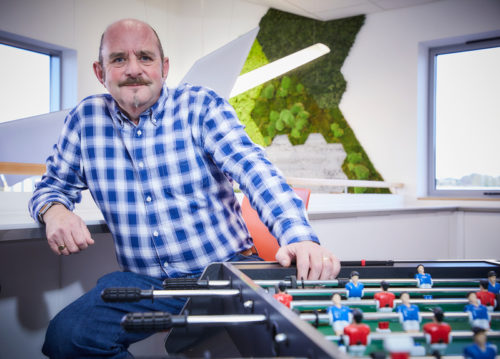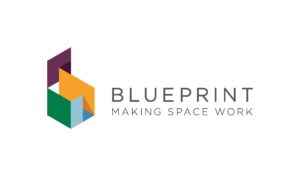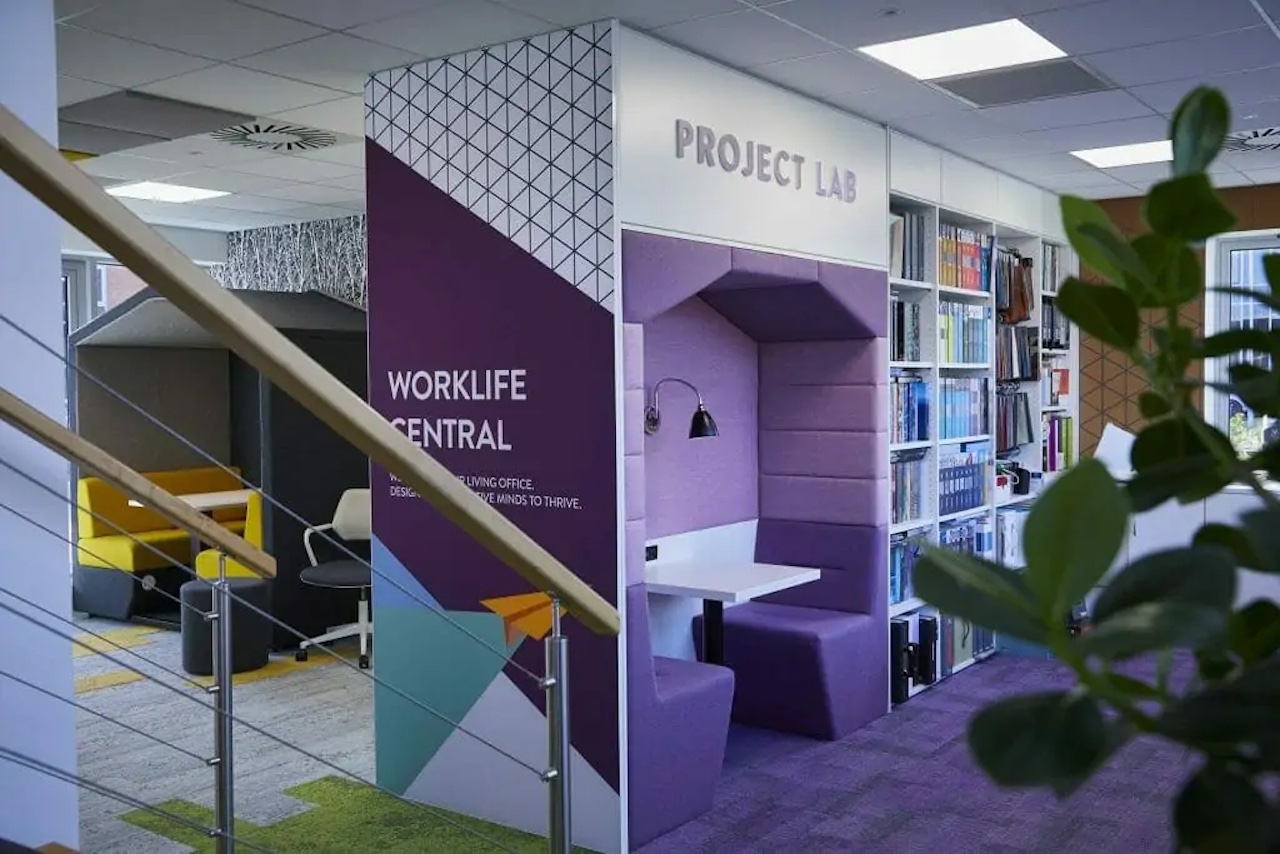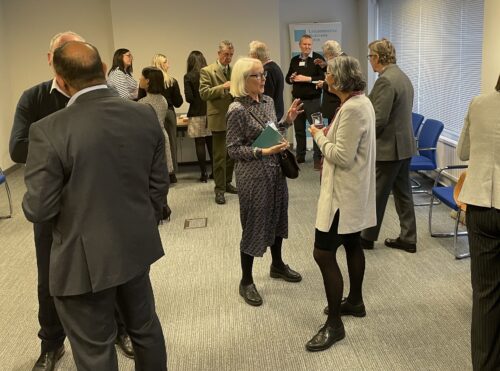Your Voice
Your Voice – Blueprint Interiors

The latest Your Voice feature, giving LBV members a platform for their views on the current business landscape in Leicester.
Rob Day is the Chairman & Founder of Blueprint Interiors. His key role is to act as an ambassador for the company by talking to clients, both existing and prospective, suppliers and partners. The aim is to spread the message that Blueprint Interiors is here to improve the workplace for everyone through a people first approach to office design and fit-out.
How would you describe what your business does?
We are an award-winning, people-focused workplace design consultants and commercial office fit out specialists. We help company owners and HR Directors define their needs, then design and build a bespoke workplace that supports businesses to achieve their goals. We create spaces where people can be happy, productive, and are equipped to perform at their best.
What are the biggest opportunities for your business?
Ever since our company was founded twenty years ago, we have been disrupting the way our clients perceive office design. We champion the concept that workplaces should be designed around the needs of a company’s most valuable asset – their people.
Even before the pandemic, we believed the ideology of delivering office designs that mean people come to work and sit in an office with rows and rows of desks was simply an outdated concept. In our opinion, these work environments are as toxic as those in which battery farmed chickens are kept and the phrase ‘free range employees’ is a common term within our culture.
The biggest opportunity right now is to design workspaces that offer compelling reasons for employees to return to a safe workplace. Our advice involves exploring cultures, brand values and we challenge the requirements for each space in a people first approach to design.
Our ethos has always been to create workplaces that are designed to enable people to collaborate, work in teams, be mentored and of course, provide all-important social interactions. We ask the right questions of all stakeholders and design workspaces that support immediate and future needs.
In short, we transform institutional office space into healthier office environments that inspires and motivates workforces, reduces absence, improves staff retention and helps companies to achieve financial and wellbeing objectives.
What are the biggest challenges for your business?
The pandemic accelerated and heighten the awareness of what we have been championing for years – the need to understand how people want to work.
HR Directors and office owners have now realised that opportunities to ditch commutes and enjoy home comforts have changed what people are looking for in their office space.
The biggest challenge is that people are much more aware of the things they need in order to be productive and happy and want these things to be provided for them in a much more agile workplace environment. Many are now realising that working from home stifles innovation, affects culture, the ability to learn from others and is creating a growing concern about future mental health problems.
Our challenge is to ensure businesses take notice of these needs, and show that they risk losing their best talent to organisations that are recognising their importance.
What would you identify as the key strengths of Leicester?
Leicester is in a great central location with superb communication and transport links.
It has a highly skilled workforce across many key sectors and substantial higher education resources. Its creative sector is also strong and I believe it has a well- established local industrial strategy to ensure long term economic prosperity.
What are the top three ways in which Leicester can develop to support the business community?
1. Champion redevelopment of City Centre property to create a more mixed environment of work, leisure, retail and living.
2. Campaign for political consensus to facilitate legislation that leads to a reduction in barriers or the opening of opportunities.
3. Look to the wider Midlands region to collaborate as a larger economic unit (Midlands Engine) to compete more effectively for government resources with London & the South and the Northern Powerhouse. A fragmented Leicester/shire (city/county) led approach will be self-limiting.









